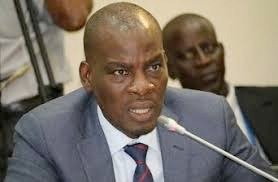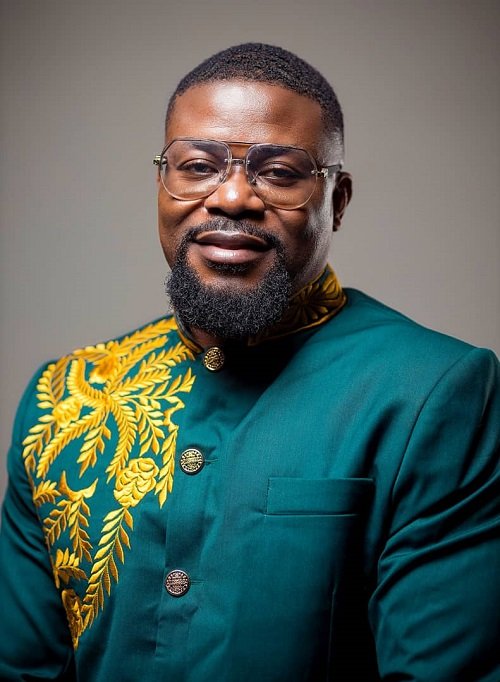Hot!
DRC, Rwanda agree to de-escalate tensions at a mini-summit in Luanda

The Democratic Republic of Congo and Rwanda have agreed to a “de-escalation process” following weeks of rising tensions over rebel fighting in eastern DRC, the Congolese presidency said Wednesday after mediated talks.
But the talks mediator, Angolan President Joao Lourenco, went further announcing a “ceasefire” — although giving no details.
Violence has flared between is the Congolese army and the M23 rebels and is ongoing.
The DRC has repeatedly accused Rwanda of backing the M23, a charge the small central African country always denied.
“I am pleased to announce that we have had positive results, in our view, in that we have agreed on a ceasefire, among other measures,” Lourenco said in remarks at the end of the mini-summit attended by Rwanda’s Paul Kagame and Congo’s Felix Tshisekedi in the Angolan capital Luanda.
Tshisekedi’s office said a “roadmap” had been established towards normalising diplomatic ties, including through ending hostilities involving the M23 militia in eastern DRC.
The announcements came after day-long talks which the Rwandan state broadcaster reported had “concluded with an agreed upon roadmap to deescalate hostilities”.
But the Rwanda Broadcasting Agency stressed that it was agreed that the issue of M23 “be dealt with domestically within the framework of the Nairobi process.”
A mostly Congolese Tutsi rebel group, the M23 — or “March 23 Movement” — first leapt to prominence when it briefly captured the eastern Congolese city of Goma in 2012 before it was driven out in a joint UN-Congolese offensive.
After lying mostly dormant for years, the M23 resumed fighting last November after accusing the Congolese government of failing to honour an agreement to incorporate its fighters into the army.
Fierce fighting has seen the rebels make significant advances in eastern Congo. Last month, M23 fighters captured the strategic town of Bunagana on the Congolese-Ugandan border, for example.
At the end Wednesday’s talks, the Congolese presidency said the three presidents had decided upon a “de-escalation process between the DRC and Rwanda”.
This involves setting up a joint DRC-Rwanda committee, which is due to hold its first meeting in Luanda on July 12, as well as a roadmap for normalising relations.
The M23 must cease hostilities under the roadmap, according to the Congolese presidency, and the “exploitation of natural resources in the region must be done in strict respect of the sovereignty of states”.
Lourenco, who is also the chairman of the International Conference for the Great Lakes Region (ICGLR), mediated the talks at the request of the Africa Union after the violence grew into a diplomatic faceoff between the two neighbours.
source: www.africanews.com
Hot!
Education Minister outlines plan for free schooling for learners with special needs

Education Minister Haruna Iddrissu has announced that government is working to make education free for all learners with special needs, with funding expected to come from GETFund.
He shared the plan during a press briefing with the media.
According to him, an initial estimate shows that the policy will require between 65 million and 100 million cedis every year.
He noted that GETFund currently has a budget of 9 million cedis, and with proper adjustments, it should be possible for the fund to release about 100 million cedis every other year to support the policy.
Mr Iddrissu added that government is also committed to providing free tertiary education for all persons with disabilities.
He explained that the support will go beyond classroom learning and will include feeding and the provision of assistive learning devices for learners with special needs.
By: Jacob Aggrey
Entertainment
Prophet Joseph Atarah releases new video

Ghana’s singing Prophet, Joseph Atarah, has released a video for his new song dubbed ‘Increase’. The video was directed and shot by renowned director, Sky Web.
The motivational video exhibits captivating dance moves, set against the vibrant and beautiful city of Accra. Prophet Atarah co-wrote the song with Nana Boateng.
Touching on the message during an interview on Hitz FM’s Daybreak Hitz, he said, ‘Increase’ is a motivational song telling people not to give up in their present situation. According to him, with determination and a relentless desire to succeed, God will make everything beautiful.
“As you trust in God’s plan, remember that ‘INCREASE’ is on the way. Just as seeds grow into harvest, your faith is growing into abundance. God’s got you, and His increase is surrounding you,” he added.
Prophet Atarah resigned from the military band in 2006 after an encounter with God to start his prophetic ministry and commenced his music journey about four years ago.
By Edem Mensah-Tsotorme
Join our WhatsApp Channel now!
https://whatsapp.com/channel/0029VbBElzjInlqHhl1aTU27






